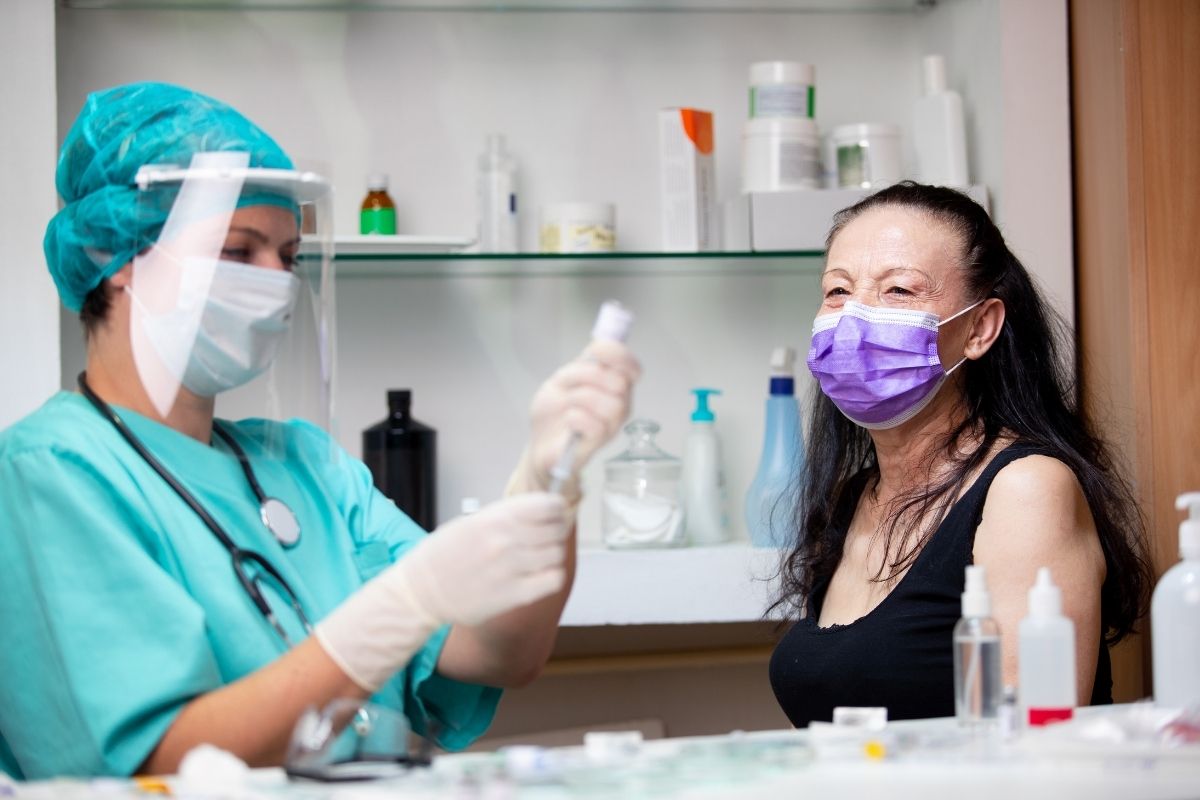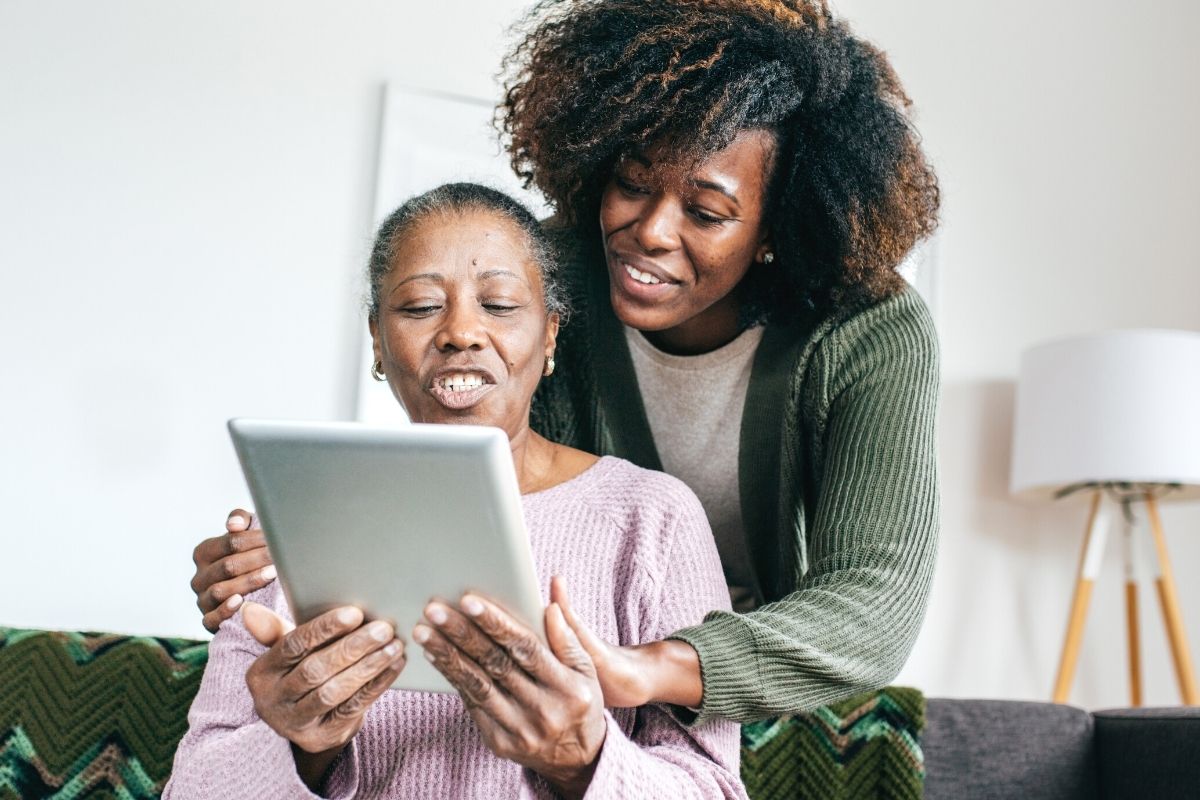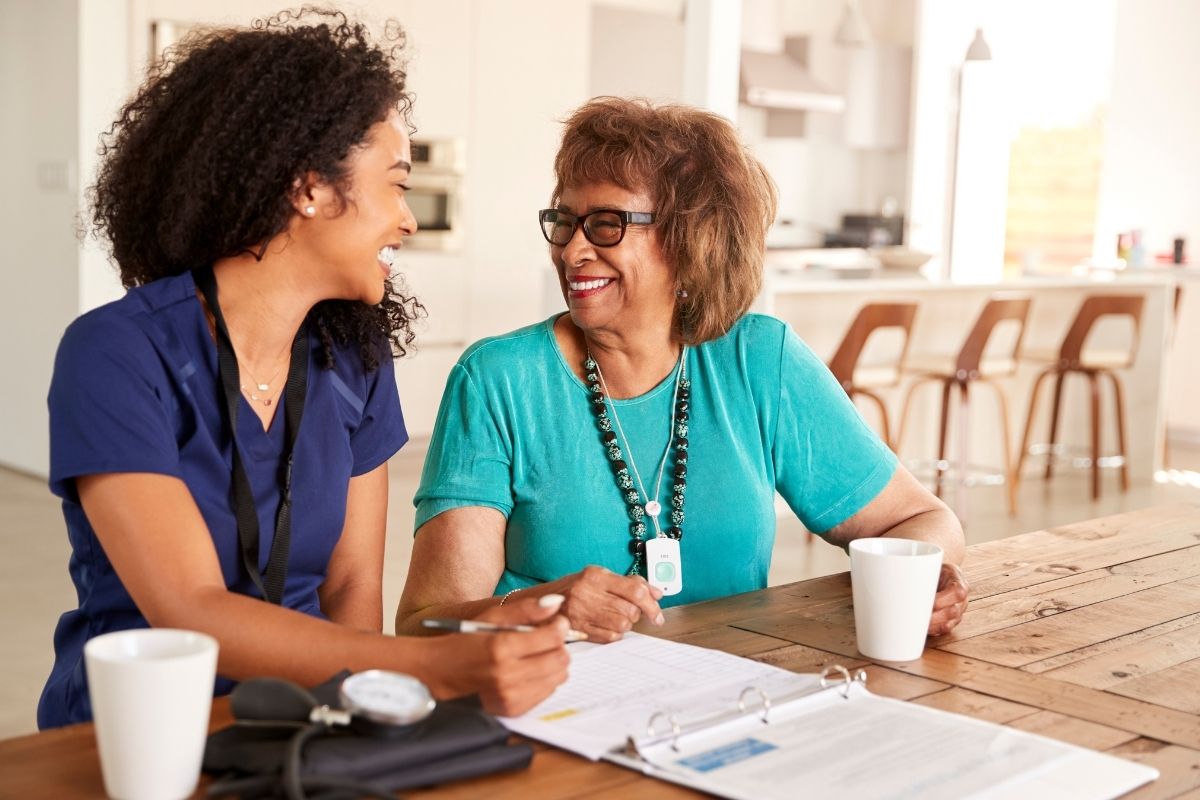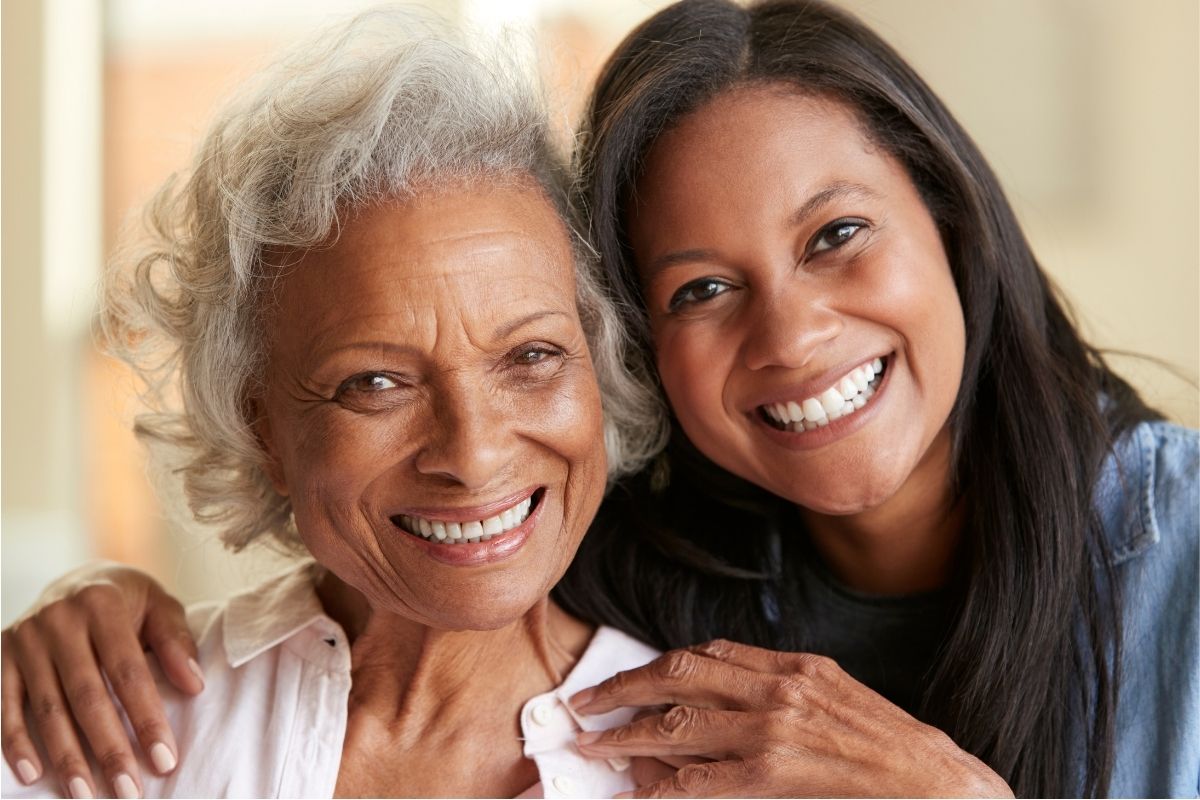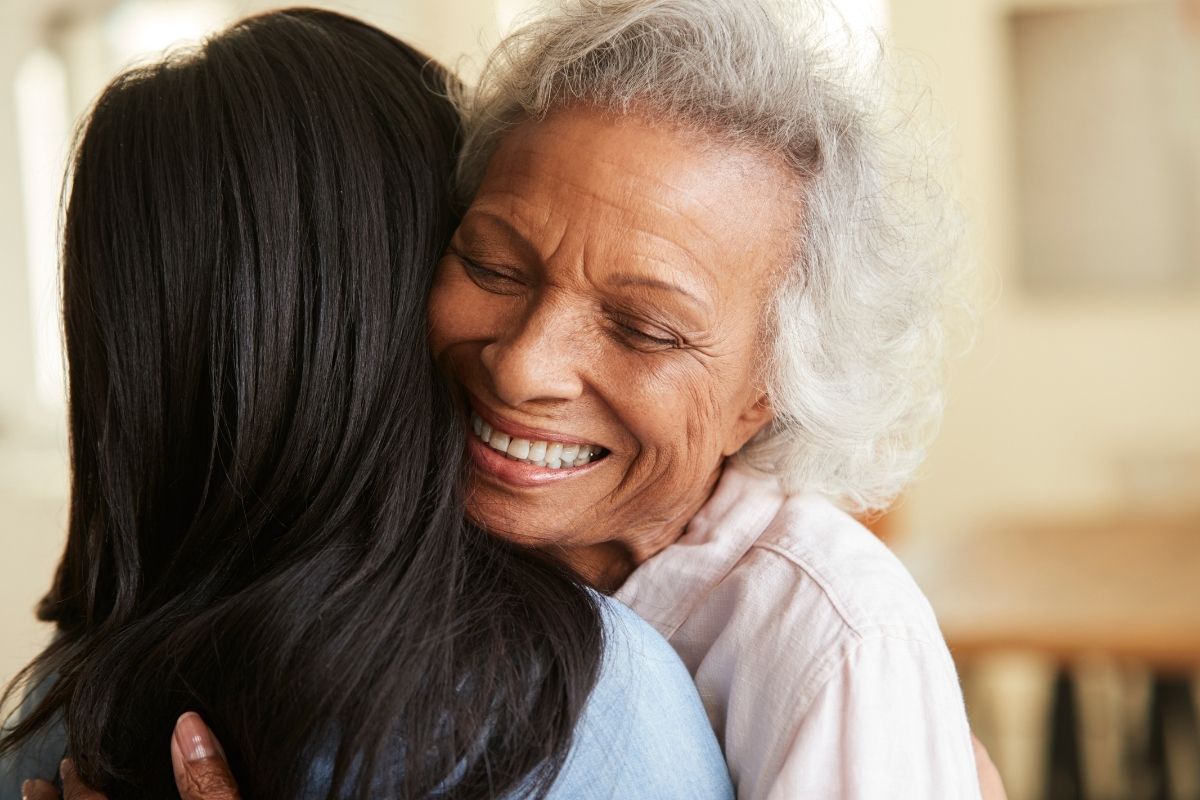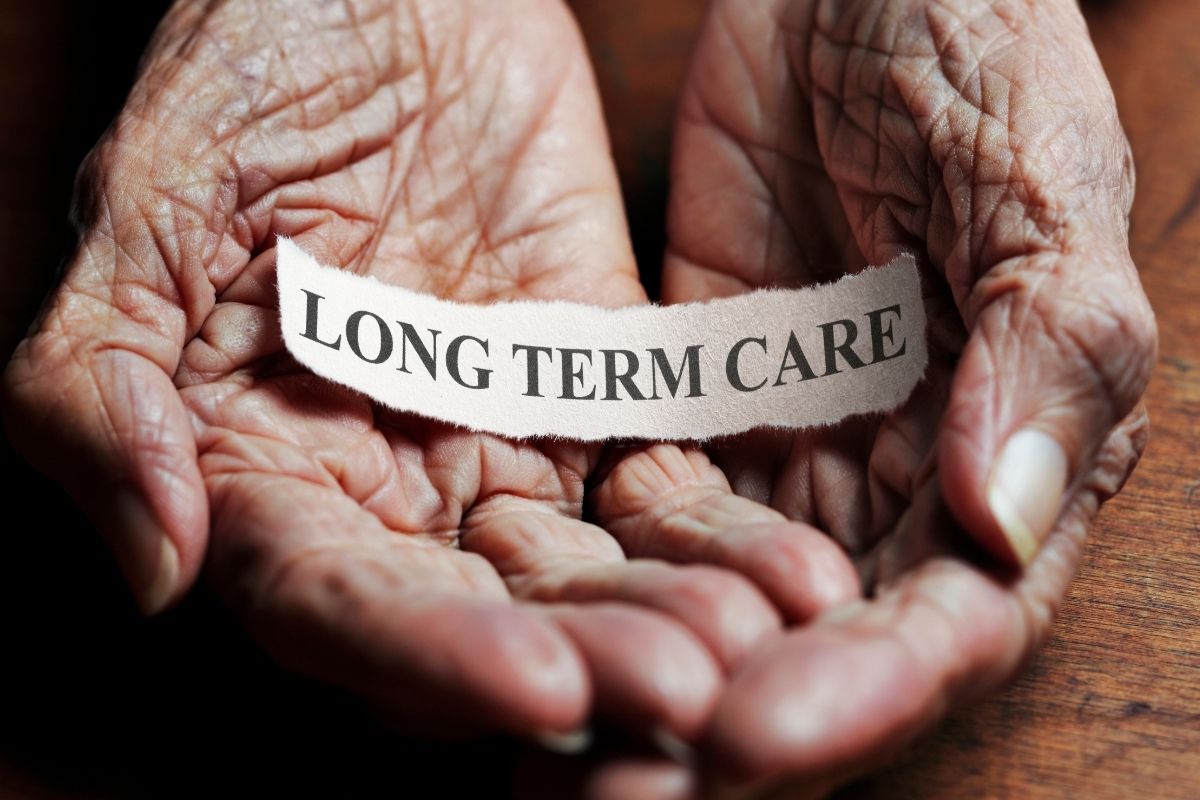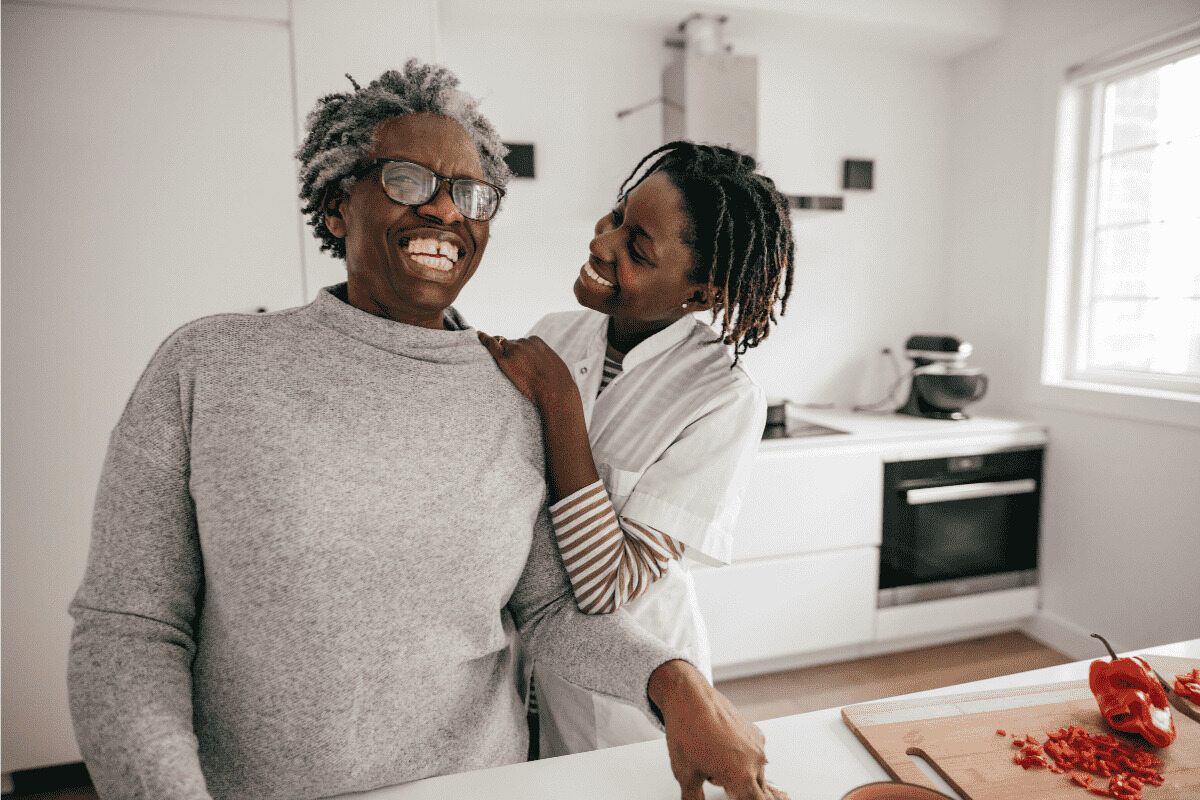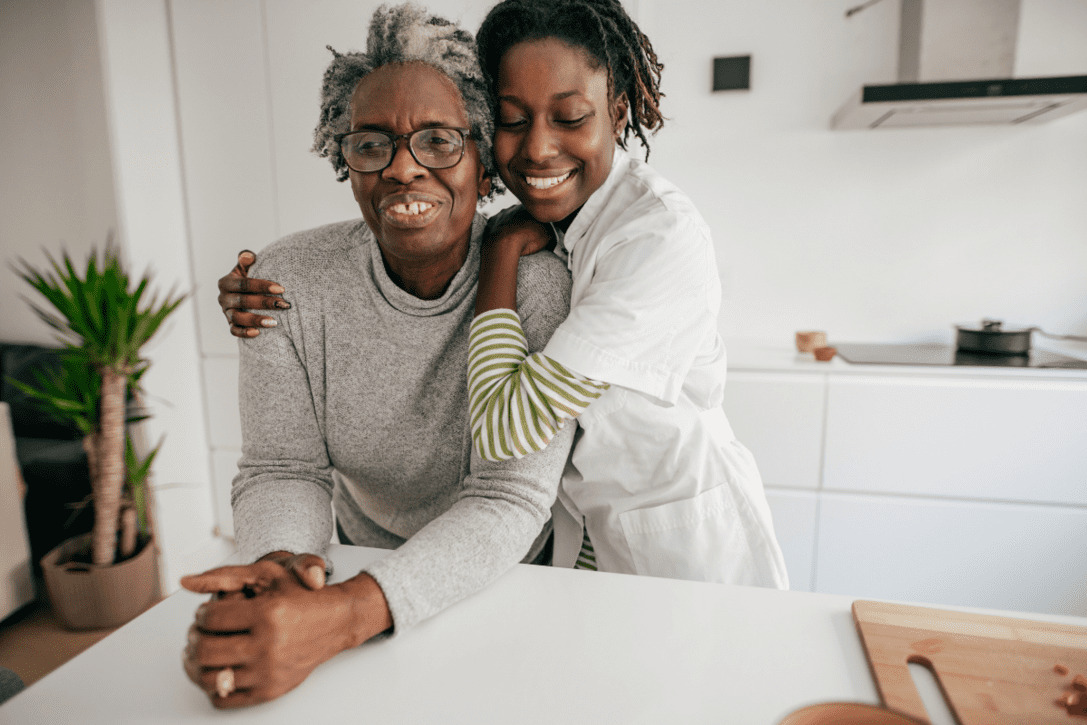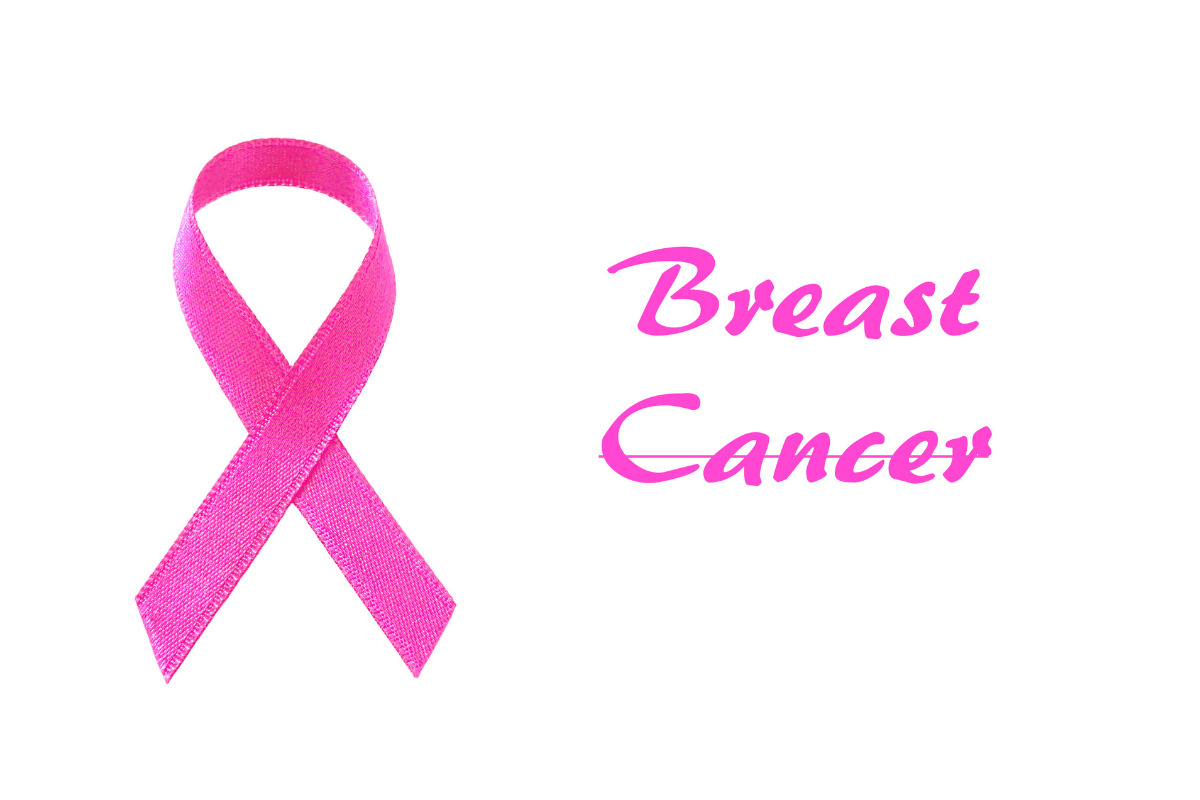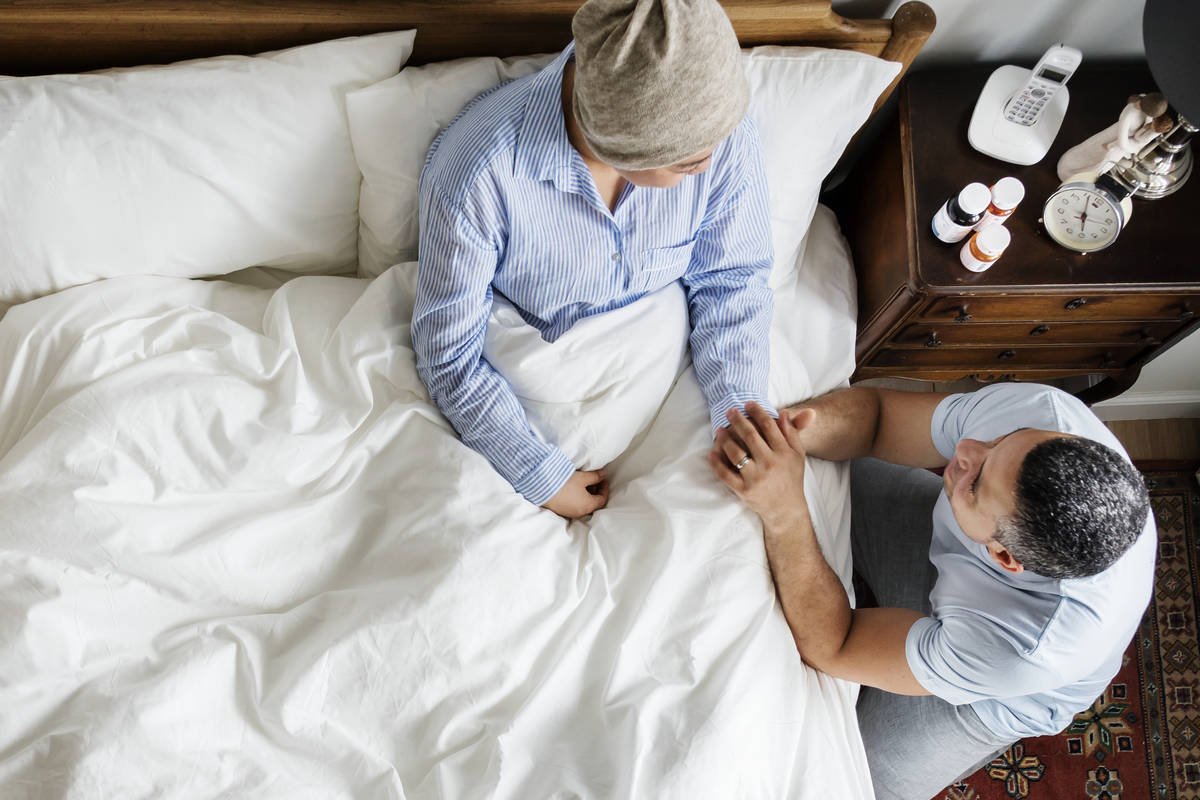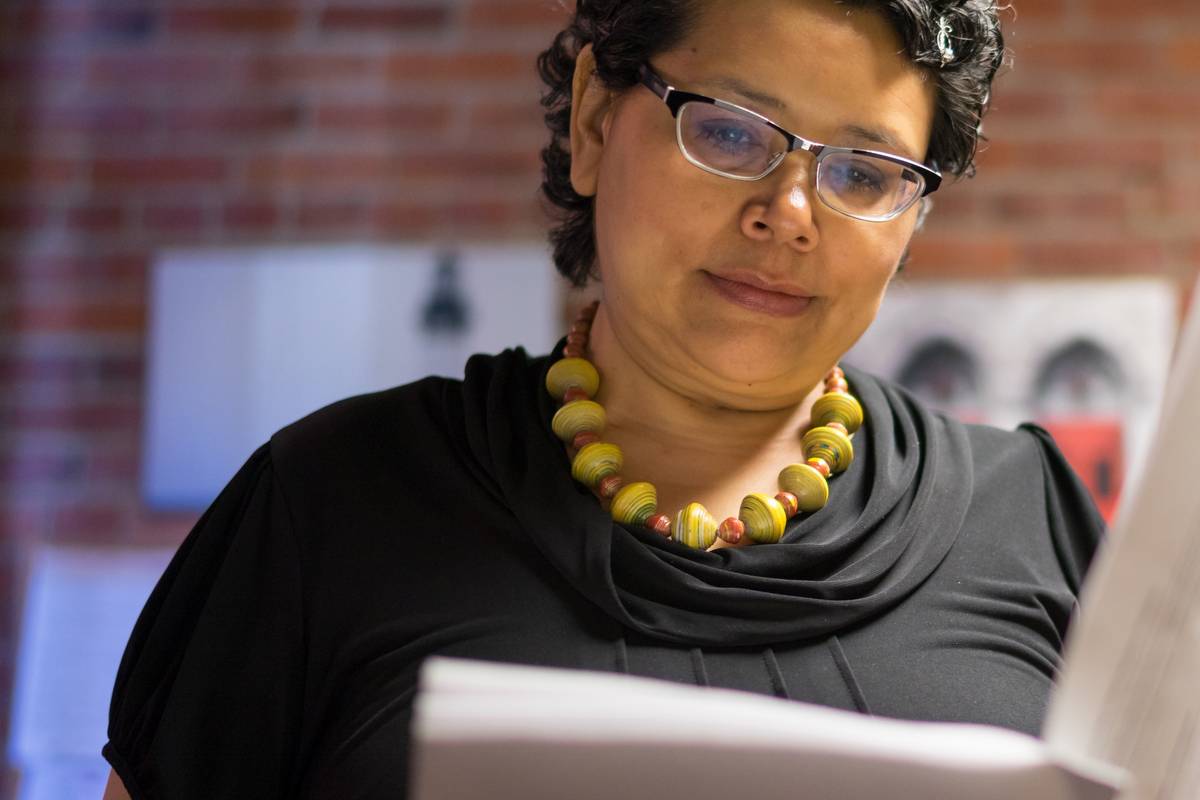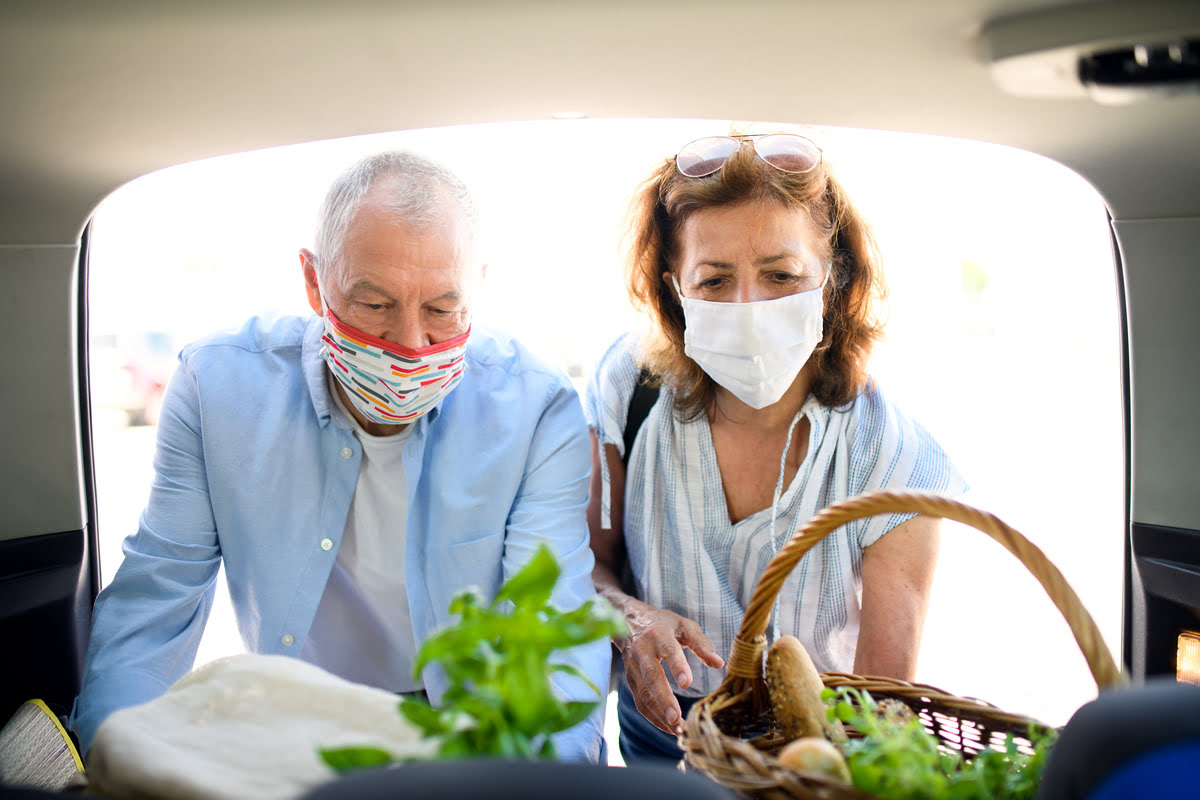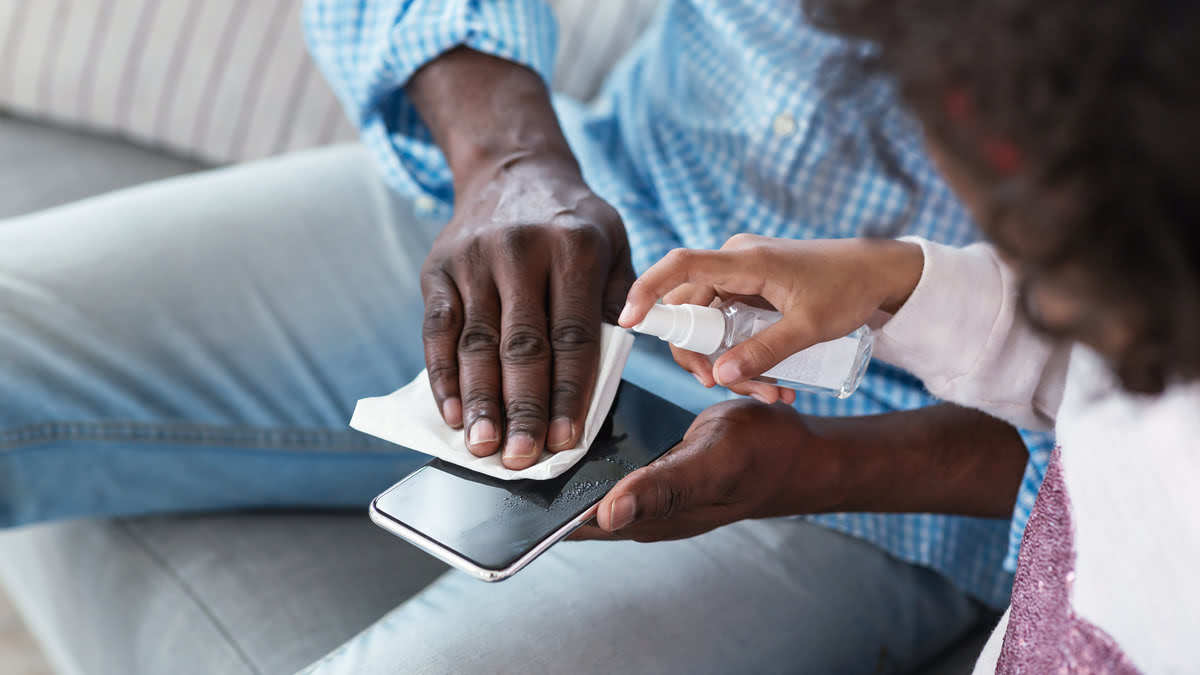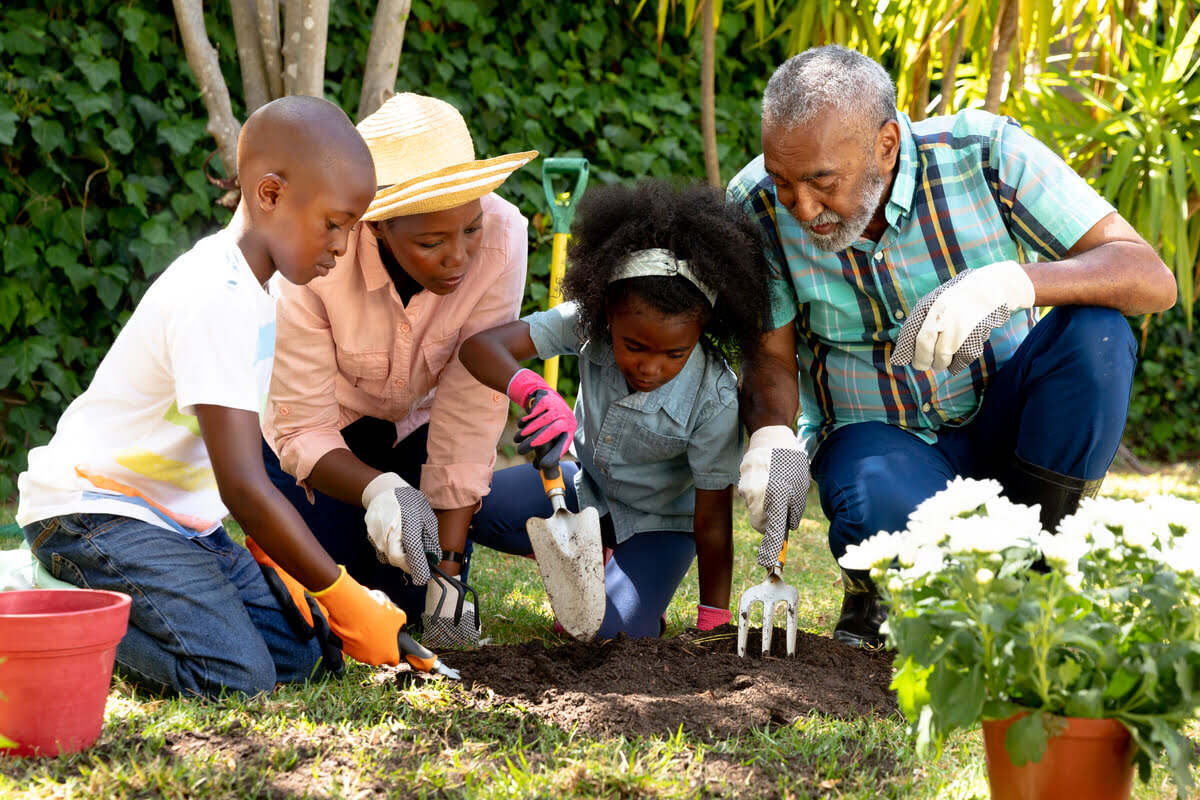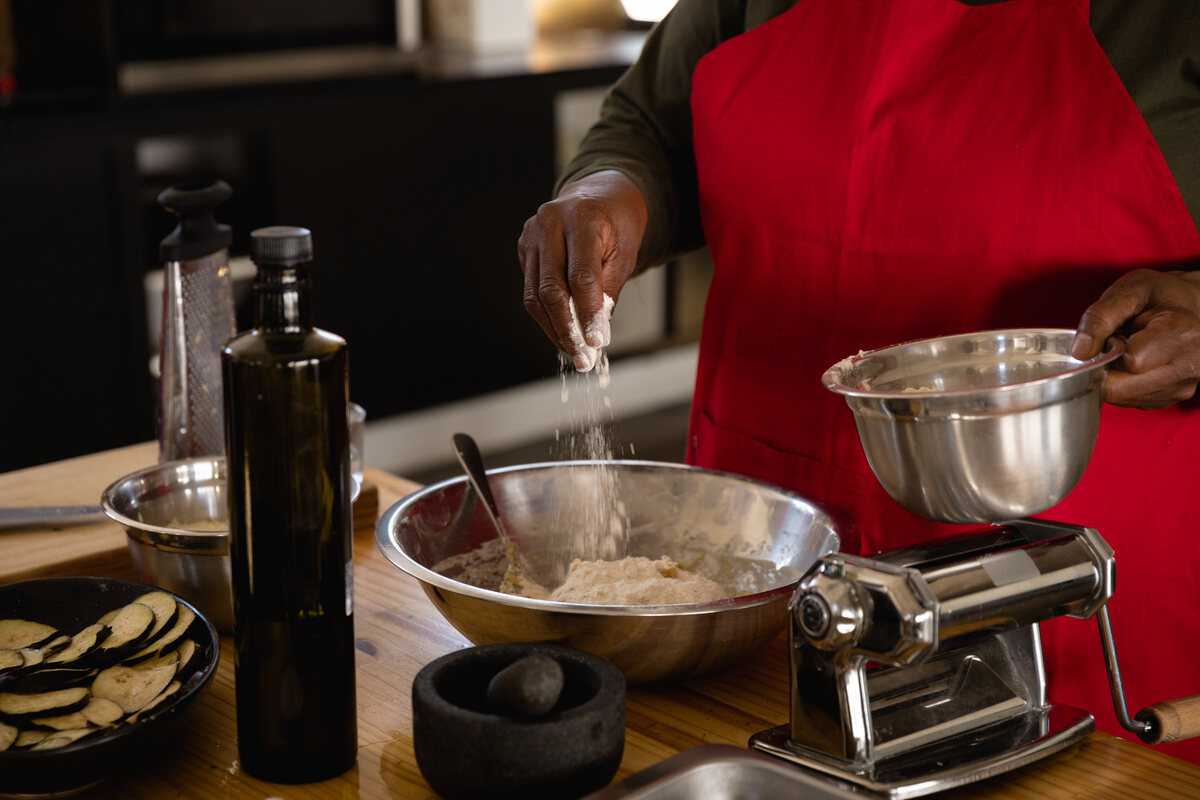Black History Month is here. This is a time to celebrate the contributions of African Americans to society including the healthcare industry. Though the mainstream media ignored these contributions in decades past, African Americans are finally getting their due attention.
Diversity in Healthcare Matters
Racial diversity in the healthcare industry is important, especially in the context of home care services provided in the melting pot that is Philadelphia. As time progresses, more and more African Americans are entering the healthcare industry and receiving much-deserved recognition for their contributions.
Diverse caregivers with a wide range of perspectives and experiences really do make Philadelphia home care services that much more effective. Let’s take a look at a couple of examples of African Americans’ contributions to the healthcare industry.

Dr. Alexa Irene Canady
Dr. Canady was the first-ever African American female neurosurgeon in the country. She officially started working in this role in 1981. Dr. Canady’s passion for medicine stems back to a summer program centered on the study of genetics specifically created for racial minorities. Dr. Canady’s academic advisers discouraged her from pursuing a career as a neurosurgeon yet she beat the odds, broke through barriers, and became the first female African American neurosurgeon in the history of the United States.
Dr. James McCune Smith
Dr. Smith was the first African American to earn a medical degree. He earned his medical degree way back in 1837 at Scotland’s Glasgow University. Dr. Smith subsequently returned to the United States where he opened the country’s first pharmacy run by an African American.

The Father of the Blood Bank
Dr. Charles Richard Drew often referred to as the father of the blood bank, is worthy of our respect and admiration this February. Dr. Drew’s unique approach for storing blood products relied on the preservation of blood plasma for transfusion. This method has saved thousands of lives. Dr. Drew also worked as a medical scientist and surgeon. In fact, Dr. Drew was the first-ever African American to graduate with a medical doctorate from Columbia University.
Mary Eliza Mahoney
Mahoney was the first African American to become a licensed professional nurse. Mahoney’s nursing degree was awarded in 1879. This was quite the accomplishment as Mahoney was subjected to considerable racism throughout her career. In 1908, she went on to co-found NACGN, an acronym short for the National Association of Colored Graduate Nurses.
Aside from serving as a trailblazer in the nursing field, Mahoney also contributed to the women’s suffrage movement. In fact, Mahoney was one of the first women to register to vote following the 19th Amendment’s ratification in 1920.

Contact AmeriBest Home Care Agency Today
If you or a family member need home care, we are here to help. We provide the industry’s best home health services. Our full range of services is custom-tailored to each patient’s unique needs. Contact us today at 215-925-3313 or by email at info@ameribest.org to learn more about how we can help. You can also reach us by filling out our online contact form.



